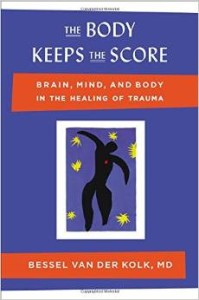 The stuff on Mad in America just keeps getting better and better. Here’s a thought-provoking blog from another of my favourite bloggers.
The stuff on Mad in America just keeps getting better and better. Here’s a thought-provoking blog from another of my favourite bloggers.
‘I was taught in medical school and psychiatric residency not to talk to people about their voices and their delusions: “It will only feed into them and make them worse.” Nor was I supposed to argue with people with paranoia because they’ll just get agitated and won’t change their mind anyway.
We were taught that the psychoanalysts had wasted a lot of time trying to connect people with psychosis by trying to find meaning in their psychosis. I was taught that there is no meaning. All we needed to know about their psychosis was enough to prescribe medications and assess if the meds worked.
The venerable Chestnut Lodge where Frieda Fromm-Reichmann had treated the woman in “I Never Promised You a Rose Garden” with psychoanalysis was successfully sued for not providing research-proven meds instead of talking with patients with psychosis.
Beyond that, I was told not to try to relate to the patients in the State hospital because they couldn’t handle relationships and when I left they’d feel abandoned and decompensate. Most of my medical school class mates were more than happy to follow that advice and left the ward as fast as possible. They already knew that “people with psychosis are creepy and frightening and frustrating anyhow” without having met any of them.




